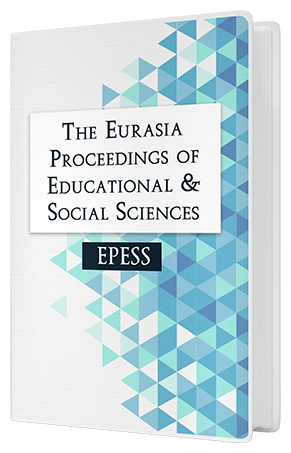Game Development-Based Learning Approach to Teaching Programming in Upper Secondary Education: A Case Study
DOI:
https://doi.org/10.55549/epess.1381977Keywords:
CODING4GIRLS, Game development-based learning, Programming skills, Upper secondary education, Snap!Abstract
The CODING4GIRLS (C4G) initiative aims to prepare young learners, especially girls, for careers in computer science by promoting a game development-based learning approach to teaching programming. Using the C4G approach, students learn programming concepts through the development of serious games. After the effectiveness of the C4G methodology has been confirmed at the lower secondary level, the aim is to examine whether the application of this approach is also effective at the upper secondary level. This paper presents the results of a study that represents the beginning of research in this direction. The study involved a mixed-gender class of 15- to 16-year-old students from a school in Croatia who participated in learning activities based on C4G learning scenarios. They were expected to develop games using the programming language Snap!. The scenarios aimed to engage both boys and girls by addressing interesting topics and promoting problem-solving skills in real-world contexts. According to the results, the students accepted the process of developing games to solve real-world problems and were motivated to learn programming using this approach. Their teacher also commented positively on the effectiveness of the approach in achieving the learning objectives related to programming and its suitability for upper secondary students.Downloads
Published
Issue
Section
License
Copyright (c) 2023 The Eurasia Proceedings of Educational and Social Sciences

This work is licensed under a Creative Commons Attribution-NonCommercial-ShareAlike 4.0 International License.
The articles may be used for research, teaching, and private study purposes. Any substantial or systematic reproduction, redistribution, reselling, loan, sub-licensing, systematic supply, or distribution in any form to anyone is expressly forbidden. Authors alone are responsible for the contents of their articles. The journal owns the copyright of the articles. The publisher shall not be liable for any loss, actions, claims, proceedings, demand, or costs or damages whatsoever or howsoever caused arising directly or indirectly in connection with or arising out of the use of the research material. All authors are requested to disclose any actual or potential conflict of interest including any financial, personal or other relationships with other people or organizations regarding the submitted work.




